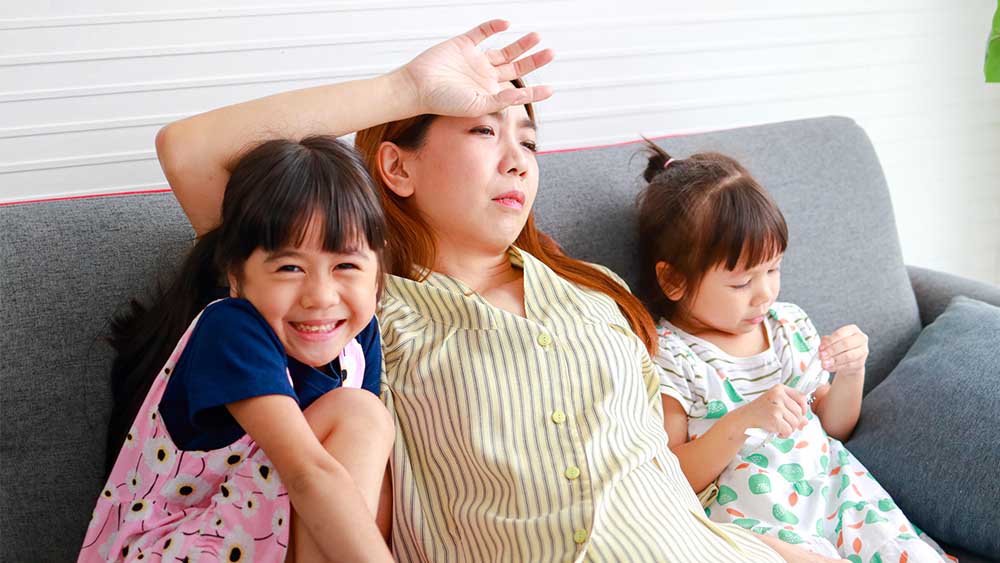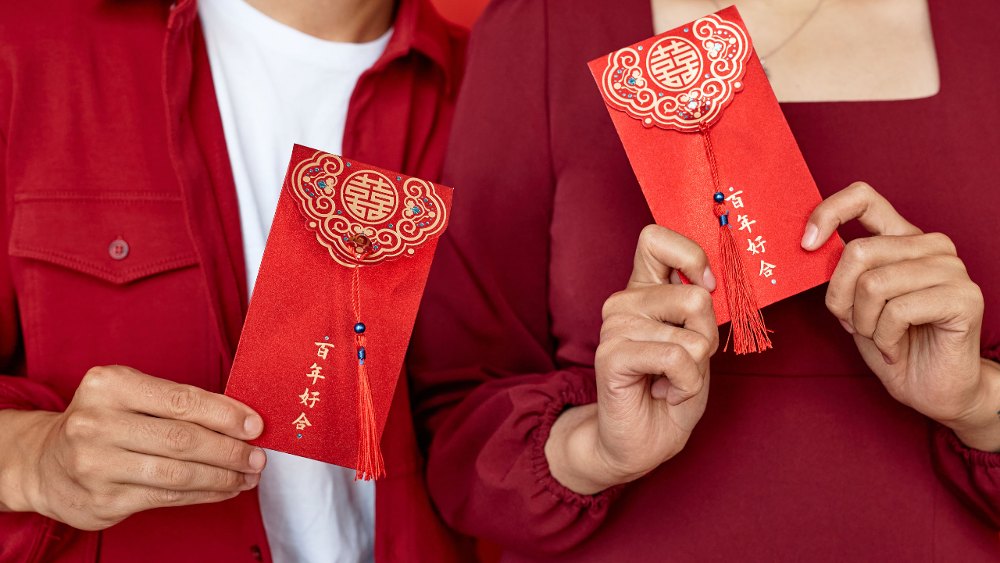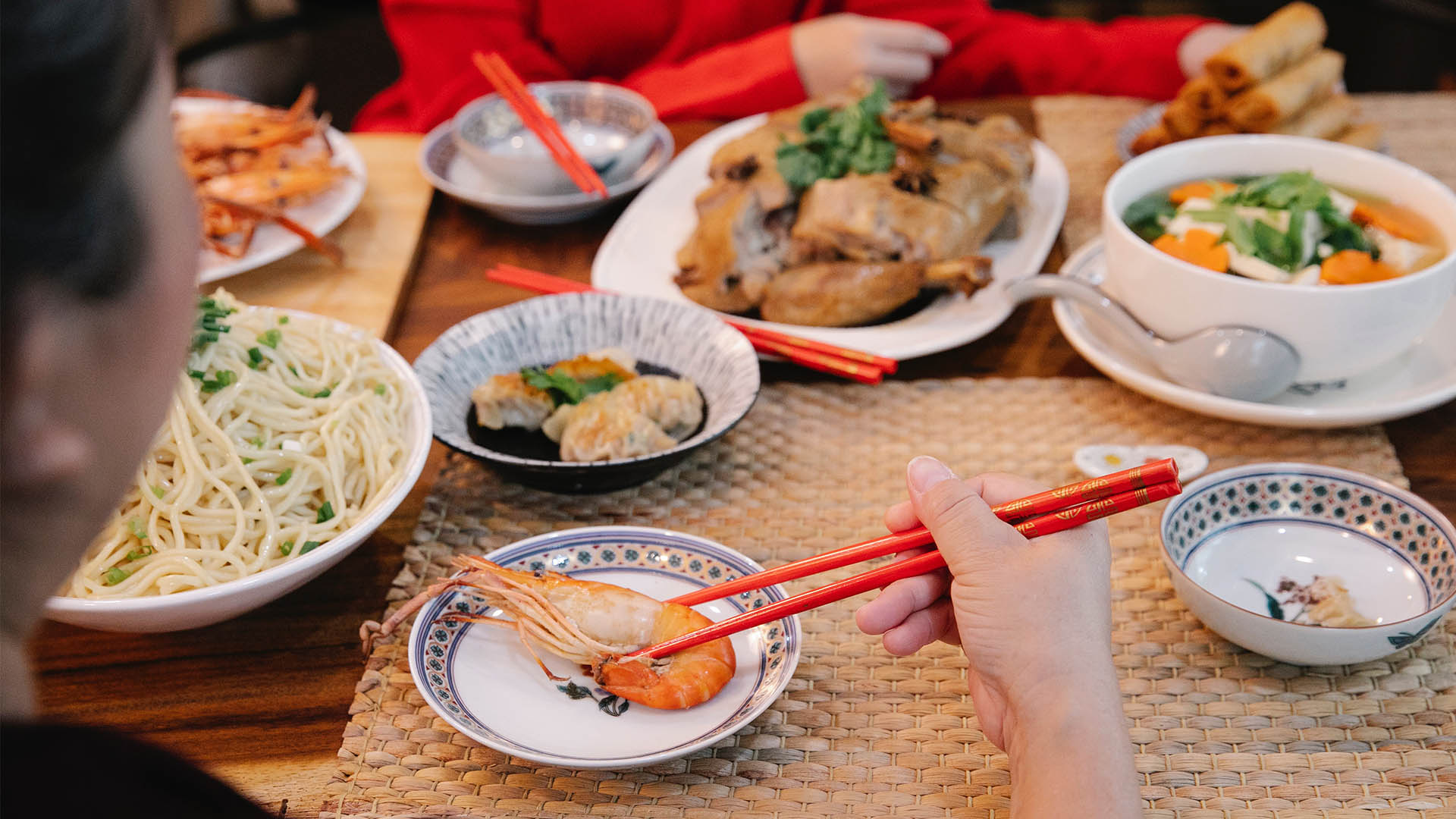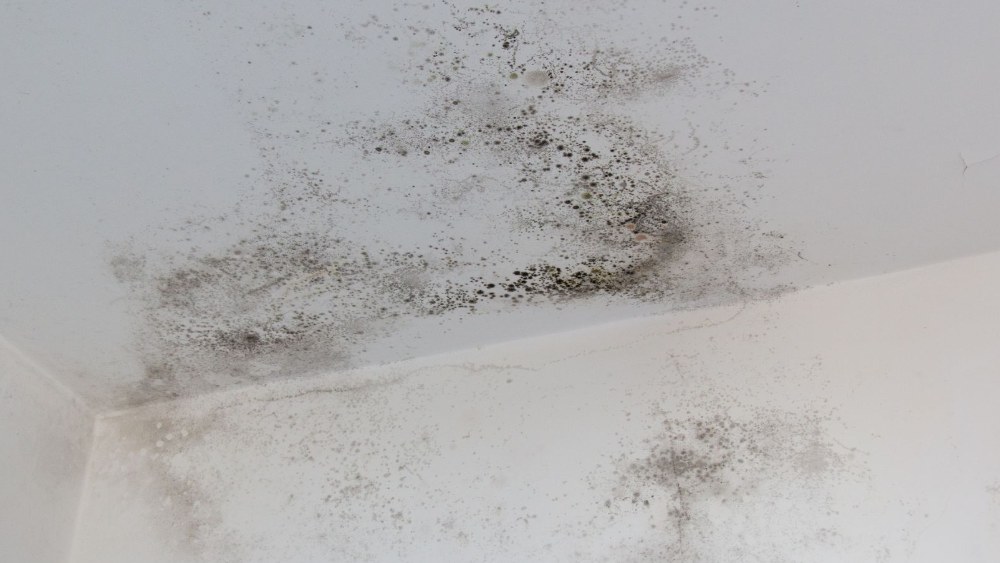Questions I Wish I Could Ask My Friends With Kids
Our millennial writers, Diane and Gwen, engage in a candid discussion about friendships in a parenthood setting from their unique perspectives as a new mum-of-one and a married, childfree individual.
Why don’t my friends talk to their non-parent friends about their parenting struggles?
Gwen: It’s something that I’ve noticed for awhile now, having had a couple of friends who are new parents the last year or so. They actively avoid raising topics about the issues they face with their newborn while conversing with the childfree group, which then naturally splits the friend group or conversation into two cliques. I care about my friends and want to hear about their life right now, and it feels that I don’t get the privilege of knowing that part of their life after they’ve become a parent.
Diane: As a new mother, I have a couple of theories. Firstly, maybe they’re afraid of boring you or are wondering if you even care about the minutiae of day-to-day parenting, which can be mundane at best and gross at worst (surely they don’t want to bombard you with unsolicited information about poop textures, teething, or the art of making one’s baby drink milk through a straw instead of a bottle).
Let’s not even get started on breastfeeding or baby sleep, which sounded totally natural to me before I had kids, but which have since put my brain in a frenzy because it requires so much logistics! A lot of it is so technical - it’s stuff like calculating “wake windows”, that is, the length of time an infant is awake between naps, or troubleshooting pumping intervals - even I feel sian thinking about it. Oftentimes, we'd rather talk about your life than ours–it gives us a mental break from being on “mum mode”!
Gwen: I never thought about it that way - that talking about my life would be a welcome break from the constant focus on parenthood. I just wanted to be able to relate to my close friends in their new status as parents, you know? And not drift apart eventually just because we now have less common topics to talk about.
Diane: On a related note, a lot of what new parents go through requires a lot of contextual information, and it can be challenging to explain it to someone who’s either not ostensibly interested, or who’s coming in with no background knowledge about the topic. Maybe your friends are also afraid of being judged?
My nine-month-old is currently experiencing both separation anxiety and “stranger danger”, meaning she starts crying the minute I put her down or the second I hand her to unfamiliar caregivers. When I mentioned this to a non-parent acquaintance, she straight up said “it’s not good that she’s so sticky” and tuned out once I started sharing why it’s developmentally normal (even healthy!) for infants to be “sticky to mummy”. All this to say that it’s sometimes easier to share my struggles with fellow parents who don’t need a lot of explanations and who will be able to commiserate instead of judging.
Gwen: It does sound like not everyone is willing to empathise - the fact that you’ve had a few negative experiences trying to justify your decisions as a parent to your friends is quite appalling, really. Even if I don’t agree or can’t see a certain decision from their perspective, I would never outrightly dismiss their views or react disparagingly. After all, no parent wants to do their second best for their child - they’ll always have the child’s best interests at heart.
Diane: Maybe a good starting point would be to ask your friends about parenting. Don’t wait for them to share with you first - take the initiative to ask specific questions! “How has your baby changed in the past few months? What impact did having a kid have on your marriage? What’s been the most painful part of motherhood so far?”
Also, ask open-ended questions! Instead of “Is your baby sleeping through the night?” (a loaded question!) - ask “How are nights going for you?”.
 IMAGE: 123RF
IMAGE: 123RF
Why do my friends with kids always seem distracted when they’re out with me?
Gwen: Credit to my friends, they still try and make time for plans with the childless bunch, but I do notice that when they’re out with us, they are not fully immersed in the conversation or activity, or they’re half-listening and giving non-committal replies.
Even when they’re not checking their phones, it seems that their mind is elsewhere. On hindsight, I suppose I should have checked on them, but I was probably just frustrated that I already had to work around their schedule for the gathering to happen, yet they were not present in the moment and enjoying our company.
Diane: If your friends are parents of babies or young children, they’ve probably had to make arrangements before going out. Maybe they don’t fully trust the caregiver who’s looking after their kid. Maybe their mother-in-law is spamming them with SOS messages. Or maybe they simply miss their kid? That’s the paradox of motherhood. You can’t wait to get a break from your children, yet once you do, you can’t wait to be back with them.
Gwen: Would you, as a new mum, agree to a 1-hour date with your friend in which both of you will be “unplugged” from your devices and maximise the allocated time by catching up with each other?
Diane: NGL, I inadvertently go on “airplane mode” when the conversation is especially engrossing, much to the chagrin of my husband when he’s on baby duty. So in theory, I don’t mind an unplugged hangout. But if a friend were to tell me I’m not allowed to check my phone during a night out, I’d feel pretty micromanaged. As a parent, I try not to be on my phone while catching up with friends, but being contactable in case of an emergency is still like, a bare minimum requirement of being a decent mum. So no, I probably wouldn’t agree to a one-hour unplugged date – I’d likely be even more fidgety and distracted knowing that if my baby were to choke or to break a bone in the next hour, that there’d be no way for caregivers at home to contact me.
If your friend is a pumping or breastfeeding mum, she might also seem distracted because she’s monitoring the time left before she needs to empty her breasts again! As someone who’s had mastitis (inflammation of breast tissue, caused by inadequate milk removal) twice, this is an unfortunate non-negotiable, hahahah. It’ll get better once she decides to wean or once her supply regulates (this typically happens after about 12 weeks postpartum!).
Gwen: Omg, I’m so sorry to hear that. Now that is something a friend should know. Definitely understand where you’re coming from, and it’s something I will take note when speaking to my friends with kids.
Diane: Yeah, and to be fair, just a year ago, I was in your position as the non-parent friend, so I remember how annoying it was when my mum friends would constantly check their CCTV apps over dinner. Like, if you’re gonna be that fixated on your kids, why even go out, right?
The good news is, now that their kids are a bit older, they’re a bit more at ease leaving them at home and being present during our hangouts. This too shall pass!

IMAGE: 123RF
How can I help my friend enjoy the same activities that we indulged in prior to them being a parent?
Gwen: Say there are activities that my friends and I used to bond over prior to them embracing parenthood. Am I being selfish in wanting them to resume those activities again? I know time is a limiting factor, but aside from that, would their interests change fundamentally?
Diane: Hmmm, have they expressed an interest in engaging in those activities again? Motherhood changes you on every level - everything from your cellular makeup, to your career, to your place in society is fundamentally altered. Some mothers still enjoy the same things they used to just that they don’t have the time or the bandwidth to partake in them. Others completely outgrow their old interests. Maybe a minority are legitimately depressed and grappling with a loss of identity (and these are the friends you should be looking out for!).
However, most of us teeter on a bittersweet equilibrium - we miss who we were and all the things we used to love doing before we became mothers, but at the same time, we’re eager to explore the “new us”. If your friends no longer seem to enjoy doing the things they used to do with you - be it going for weekly spin classes or binge watching Korean dramas - I’d encourage you to try finding out why first.
Gwen: Really, a big concern of mine when I look at friends who have embarked on the parenting journey is an erosion of identity over time, because I’m a huge believer of having a strong self-identity in spite of whatever roles we might be taking on in life. But like you mentioned, some or most of these are likely to be voluntary - that my friends have accepted that their life may never be the same again, and that’s okay, because it’s a choice they made and they will live with. It’s probably time for me to accept that the dynamics of our friendship have changed and will continue to evolve, and I just have to be supportive when they need it.
Is it weird if I don’t know how to interact with their kids?
Gwen: To tell you the truth, I am extremely awkward around children. Unlike my husband who always wants to approach babies because he used to help take care of his cousins, I feel like at any moment around kids I am going to accidentally hurt them. Especially when my friend asks if I want to hold their baby - I am like 99% sure I am going to drop little Matilda. It’s probably going to get worse when they grow up. I have a feeling I’m not going to be “cool Aunty Gwen”.
Diane: It’s not weird at all. Anecdotally, people who love babies can be a little over-enthusiastic when interacting with them. I’ve had people get in my baby’s face or make repeated attempts to hold her, both of which scare her and annoy me. So I much prefer hanging out with people who mostly ignore my baby! Don’t worry about feeling awkward, the baby probably feels weird around you too (it’s not personal, they’re mostly wary of strangers) and appreciates the space to observe you at their own pace.
 IMAGE: 123RF
IMAGE: 123RF
Are they secretly judging me for going child-free?
Gwen: I already have to deal with my mother who questions me every time I meet her: “When am I going to see my grandchild?”. Deep down, I’m wondering if my close friends feel the same way about the topic too. Of all the questions above, I’m extremely curious about this one Diane. As someone who used to be a DINK, what do you think about your friends who don’t plan on having children?
Diane: I’m sorry to hear about the pressure you've been getting from your mum – so many people are hung up on the thought of becoming grandparents and are resentful that they might never get a chance, through no fault of their own. No matter how much our parents did for us, grandkids are a privilege, not a right, so don't let them guilt you into thinking you're doing something wrong just because you're childfree.
Even though I enjoy being a parent (most of the time), I don't fault my peers for taking a different route. Everyone knows that having children is an irreversible, life-changing decision, yet society either pressures people into having them before they’re ready, or questions why they don’t want to have them at all. Whatever my friends' reasons are, I trust that they're making the best decision for themselves and their marriage - it's better than having kids and regretting it.
For the latest updates on Wonderwall.sg, be sure to follow us on TikTok, Telegram, Instagram, and Facebook. If you have a story idea for us, email us at [email protected].











